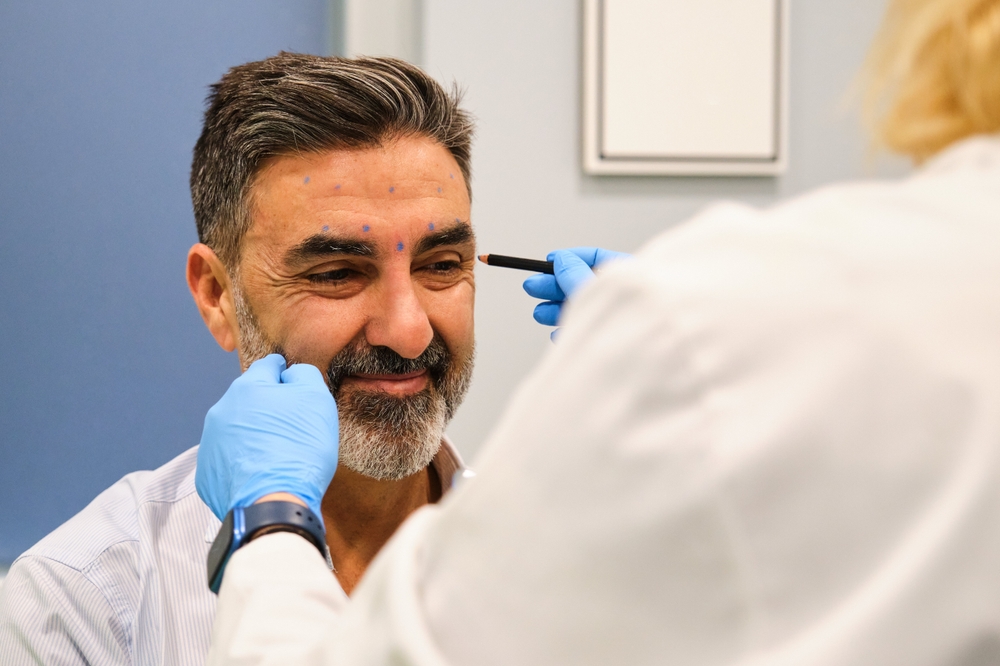Stop right there…can you feel it? Well actually, you might not. Most people with Chronic Kidney Disease (CKD) do not begin having symptoms until late into the disease process. As a matter of fact, most of the 37 million people estimated to have CKD are unaware that they have it…including nearly half of the people with severe kidney disease (Centers of Disease Control and Prevention, 2020). So, what exactly do your kidneys do for your body?
Your kidneys are responsible for filtering your blood of waste, toxins, and excess fluid. They also serve a crucial role in regulating blood pressure, red blood cell production, and maintaining bone health. When the kidneys are diseased, they are unable to do these jobs efficiently, leading to accumulation of excess fluid and waste in the body, anemia (low red blood cells), increased risk for infections, and decreased appetite in later stages. CKD is a progressive disease, that when left uncontrolled, results in kidney failure—requiring either dialysis or kidney transplantation. So how do you find out the state of your kidneys?
Routine screening by your healthcare provider is important in early detection of CKD. Your kidney function will be monitored via blood and urine tests. Early detection is important to slow down disease progression and knowing your risk factors can help.
In the United States, the two leading causes for CKD are diabetes and high blood pressure (CDC, 2020). Other risk factors include family history of CKD, heart disease, and obesity. This leads me to what is probably the most important question—what can you do to prevent CKD, or to slow down progression?
Know your risk factors! Obviously, you can’t change your family history, you can’t change your genetics. But in order to prevent CKD, you must manage the risk factors within your control. Managing your blood pressure to the number discussed with your provider, usually about 130/90 or less, controlling your blood sugar levels in diabetes, participating in regular exercise, eating a healthy balanced diet, quitting smoking if you smoke cigarettes. and taking your medications as prescribed by your healthcare provider.
Chronic Kidney Disease is a very serious disease, and in fact, the CDC states it is the 9th leading cause of death in the United States (2020). The good news, however, is that for most people, progression to severe CKD and kidney failure is preventable. Take control now, save your kidneys, save your life!
Resources:Centers for Disease Control and Prevention. (2020). Chronic Kidney Disease Basics. https://www.cdc.gov/kidneydisease/basics.html












